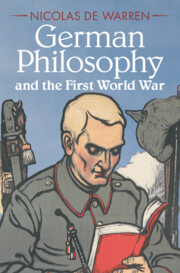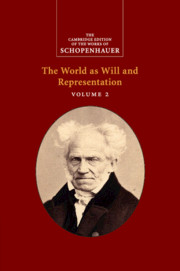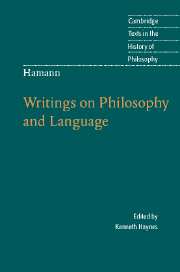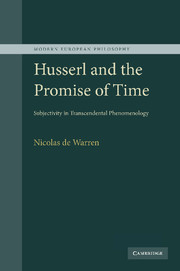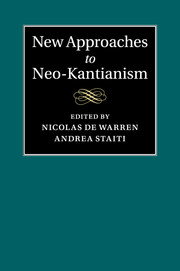German Philosophy and the First World War
How did the First World War, the so-called 'Great War' - widely seen on all sides as 'the war to end all wars' - impact the development of German philosophy? Combining history and biography with astute philosophical and textual analysis, Nicolas de Warren addresses here the intellectual trajectories of ten significant wartime philosophers: Ernst Bloch, Martin Buber, Ernst Cassirer, Hermann Cohen, György Lukács, Martin Heidegger, Edmund Husserl, Franz Rosenzweig, Max Scheler and Georg Simmel. In exploring their individual works written during and after the War, the author reveals how philosophical concepts and new forms of thinking were forged in response to this unprecedented catastrophe. In reassessing standardized narratives of German thought, the book deepens and enhances our understanding of the intimate and complex relationship between philosophy and violence by demonstrating how the 1914-18 conflict was a crucible for ways of thinking that still define us today.
- Expansive: offers bold and revisionist new interpretations of the philosophical thinking of ten seminal figures in German philosophy
- Unique: undertakes a holistic reappraisal of the impact of the First World War on German philosophy as a whole: something which has not been done before
- Ambitious: makes a significant interdisciplinary contribution to twentieth-century history as well as to the wider history of ideas and European culture
Reviews & endorsements
‘These profound reflections on philosophy and the First World War reveal important dimensions of the genealogy of what still drives contemporary philosophy-the continuing resilience of religion in an increasingly secular world, the modern experience of alienation which seems to know no limits, the problems of violence, the question of history, the meaning of the political. This is, in short, a remarkable book.’ James Dodd, The New School for Social Research, New York
‘World War I, de Warren shows, was a philosophical earthquake. Not only did it transform the philosophers who lived through it, but the war itself acquired a philosophical voice - or, better, voices - that would, for good or ill, echo across twentieth-century thought. Rich in both philosophical and historical insight, German Philosophy and the First World War will remain a touchstone for years to come.' Michael Gubser, James Madison University
‘This insightful book is for philosophers interested in the history of modern German thought and historians of WW I. Highly recommended.’ A. Jaeger, CHOICE
‘… at the end of reading this fascinating volume, we will express our gratitude to the author, for having been able to present with finesse and accuracy of analysis a difficult question: that of the links which unite philosophical thought to the time and place of its production.’ Olivier Rota, Mélanges de science religieuse
Product details
June 2023Hardback
9781108423496
382 pages
236 × 158 × 28 mm
0.81kg
Available
Table of Contents
- 1. The genius of war, the genius of peace: Max Scheler's demons
- 2. Deutschtum und Judentum: Hermann Cohen in the time of the nations
- 3. I and you: Martin Buber and dialogical creation
- 4. More than life: Georg Simmel's philosophical testament
- 5. The apocalypse of hope: Ernst Bloch's phenomenology of utopic spirit
- 6. The road to Damascus: György Lukács and History and Class Consciousness
- 7. From death into life: Franz Rosenzweig's redemptions
- 8. World-philosophy: Ernst Cassirer, freedom in ways of worldmaking
- 9. Martin Heidegger and the titanic struggle over being
- 10. The tragedy of the person: Edmund Husserl at war.

